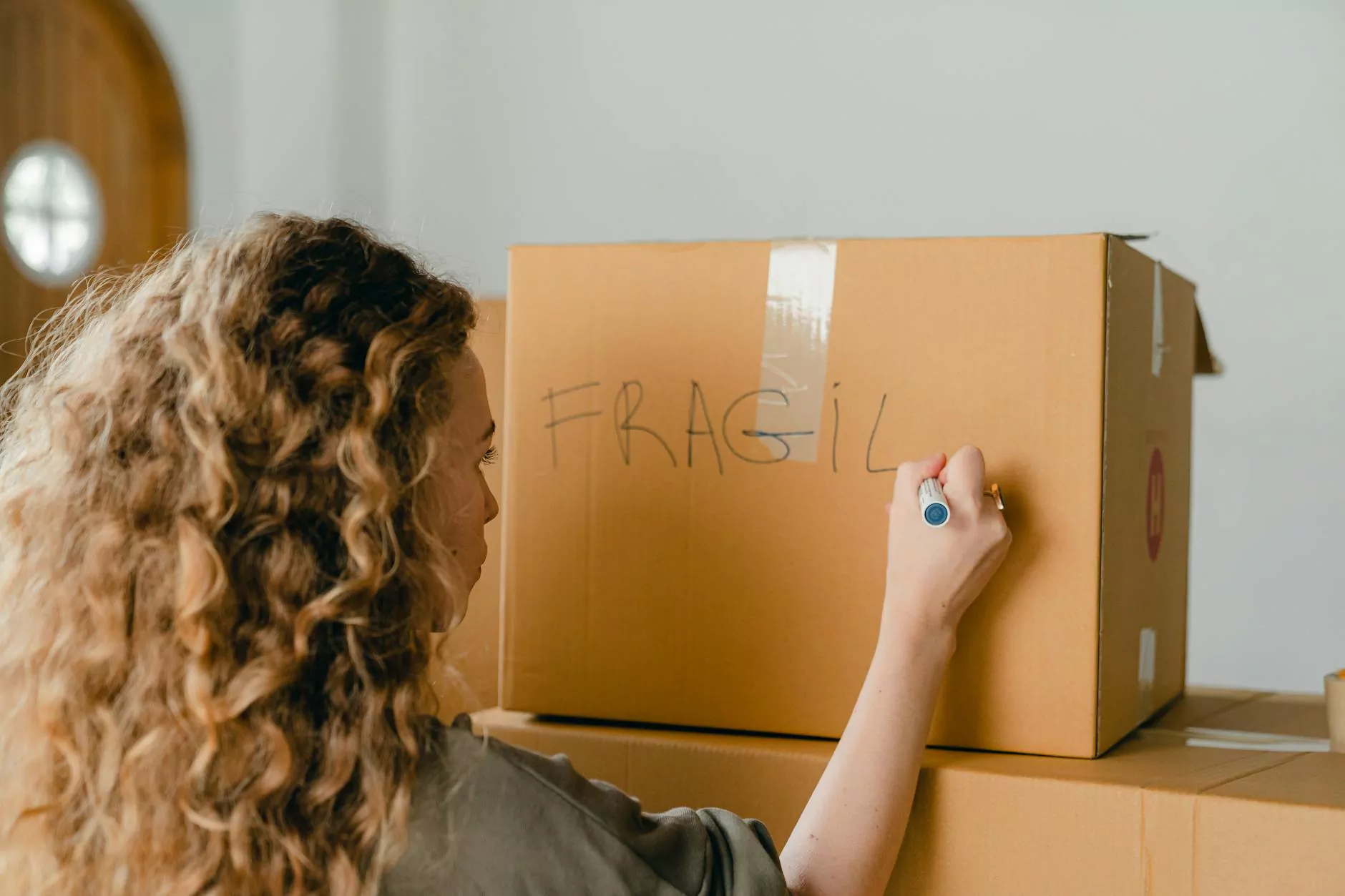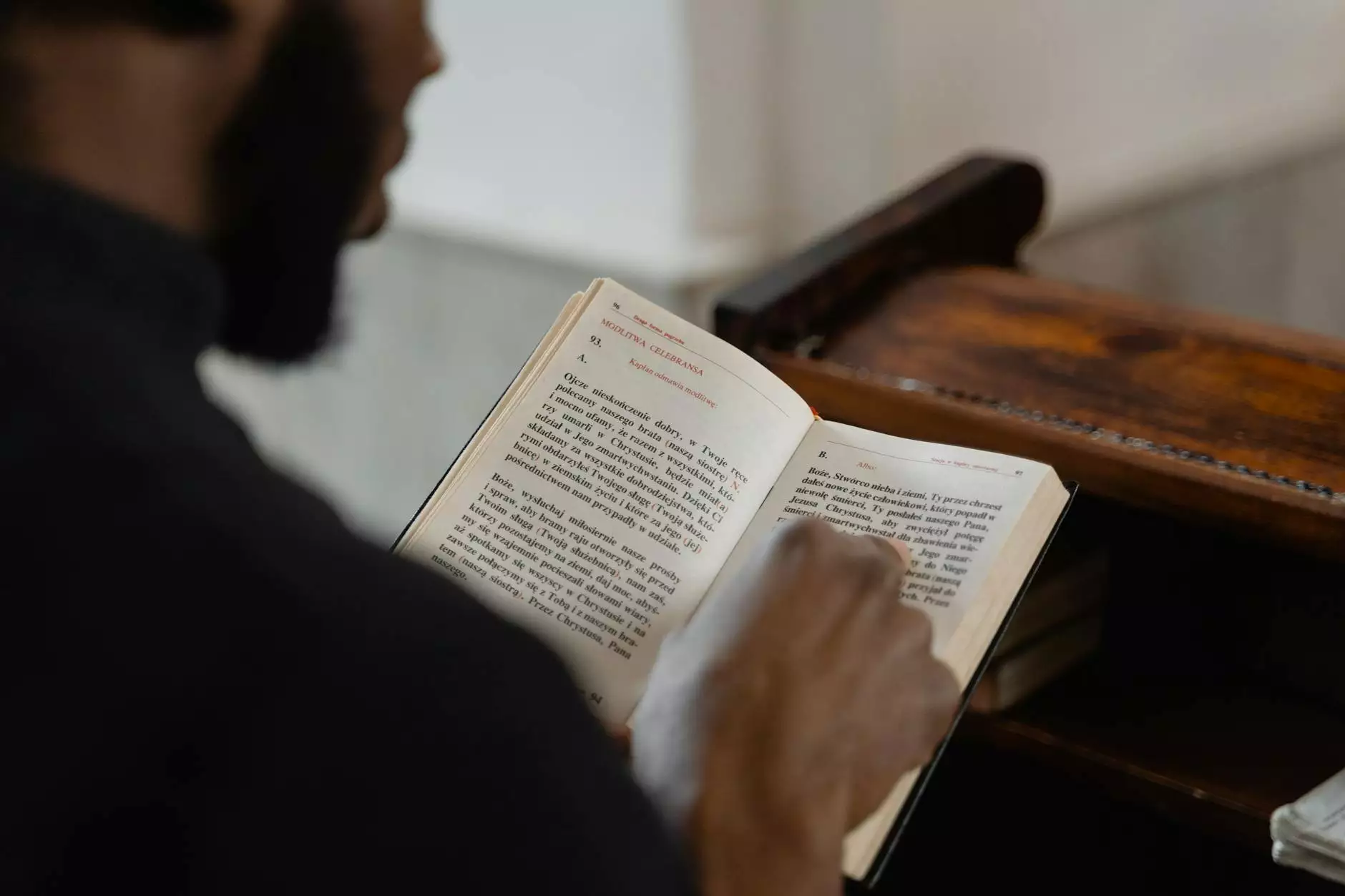Patience - Building a Stronger Community and Society

The Virtue of Patience
Patience, a virtue deeply rooted in the teachings of House of Faith Open Bible, is a fundamental quality that contributes to building a stronger community and society. In a fast-paced world where instant gratification is often sought after, patience remains a much-needed attribute.
Cultivating Patience
Patience is not something that comes naturally to everyone, but it can be developed through practice and self-reflection. At House of Faith Open Bible, we believe that cultivating patience leads to personal growth, enhanced relationships, and a more harmonious society.
Benefits of Patience
Patience is a powerful tool that brings numerous benefits to individuals and their communities. Here are some key advantages:
- Improved Relationships: Patience allows for better communication, understanding, and empathy, fostering healthier and more meaningful relationships with family, friends, and colleagues.
- Mental Well-being: Practicing patience can help reduce stress, anxiety, and frustration. It enables individuals to approach challenges with a calm and focused mindset, leading to improved mental well-being.
- Conflict Resolution: Patience plays a significant role in resolving conflicts peacefully. When we patiently listen to others, we can find common ground and seek mutually beneficial solutions.
- Personal Growth: Patience encourages personal growth by teaching us perseverance and resilience. It allows us to embrace the process of learning and development, enabling us to reach our full potential.
- Building a Stronger Community: When individuals demonstrate patience, it creates a ripple effect that spreads throughout the community. It fosters a culture of understanding, respect, and cooperation, consequently strengthening the community as a whole.
Practical Tips for Practicing Patience
Developing patience requires conscious effort. Consider the following tips to incorporate more patience into your daily life:
- Practice Mindfulness: Mindfulness allows us to be present in the moment and enables us to respond with patience rather than reacting impulsively.
- Practice Empathy: Step into others' shoes, try to understand their perspective, and practice empathy. This helps cultivate patience in our interactions when faced with differing opinions or situations.
- Set Realistic Expectations: Setting realistic expectations for ourselves and others can reduce the frustrations that arise when things don't go as planned.
- Embrace Challenges: Instead of getting discouraged, view challenges as opportunities for growth and development. Embracing challenges with patience allows us to learn important life lessons.
- Practice Self-Care: Taking care of ourselves physically, mentally, and emotionally equips us with the patience required to navigate life's hurdles effectively.
Conclusion
Patience is a virtue that holds immense importance in our personal lives and within our communities. By cultivating patience, we create a positive environment that fosters understanding, personal growth, and harmonious relationships. Let us embrace the power of patience and work towards building a stronger, more patient-centered society.










